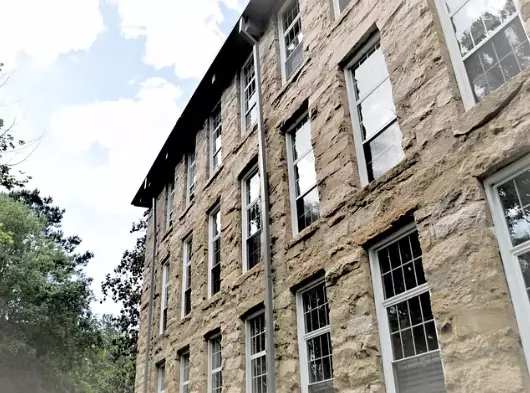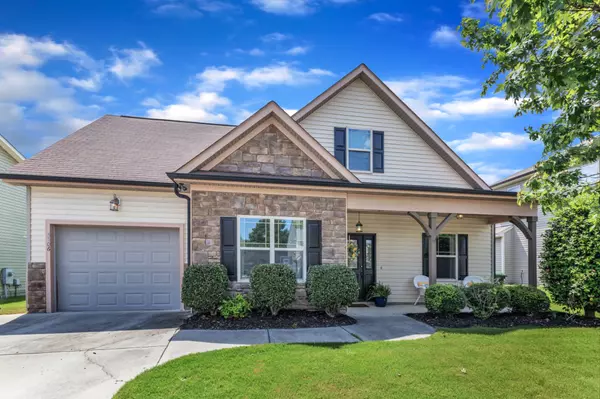

Discover River Mill: Wake Forest’s Historic Condominium Community Along the Neuse
I’m thrilled to share that I’ve just placed a condo under contract at River Mill Condominiums—and let me tell you, this place is something truly special. If you’ve ever dreamed of a home that offers character, history, and tranquility all in one, read on. River Mill- Its Story Through Pictures A S
Read More

Zebulon vs. Wendell, NC: Which Raleigh Suburb Is Right for You?
Why More People Are Moving to Zebulon and Wendell, NC: Benefits, Commute, and Amenities Are you thinking about relocating to the Raleigh area but want more space, charm, and value than you might find in the city? Let’s explore Zebulon and Wendell, North Carolina—two small towns just outside of Rale
Read More

Expert Advice: Why You Need a Real Estate Professional in Today's Shifting Housing Market
Navigating the real estate market can be overwhelming, especially during times of uncertainty and rapid change. With housing market headlines dominating the news and generating fear and doubt, it can be hard to know where to turn for trustworthy information. That's why it's crucial to work with a kn
Read More

Think Ahead: Tips to Maximize Your Home's Resale Value
As a homeowner, it's important to not only enjoy your home while you live in it, but also to consider its resale value for when you decide to sell. Here are some tips on what to look for when purchasing a home, how to keep it classic and timeless, and what to do if you intend to sell. What to Look f
Read More
Categories
Recent Posts










